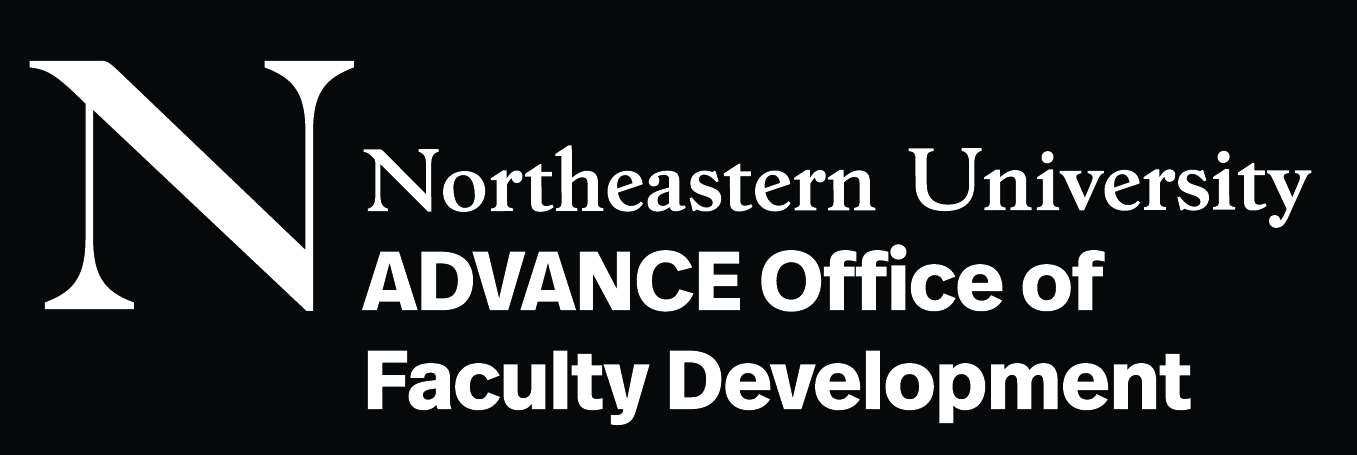Digital Democracy
The internet is increasingly becoming a vehicle for political discussion. As anyone who has been glued to their twitter feed or refreshing articles the past few months will tell you, the fastest way to get information about candidates and polling numbers is through the internet, especially social media. Candidates campaign partly by keeping up a social media presence that allows people to easily consume and spread their message. David Lazer, professor of political science and network science, sees further applications for politics in digital spaces. He has begun work to revolutionize the town hall meeting experience, wherein politicians make themselves publicly available for questioning on key issues.
For a long time, these meetings have technically been open to the public, but truly only accessible for some, as they require transportation, free time, and interest that are not possible for many people. Lazer is hoping to spread use of online forums where candidates will accept questions from the public online and reply to moderated questions that way. People can participate from home, for the whole time or a short time, and candidates can have inappropriate questions screened so they are able to focus on policy.
